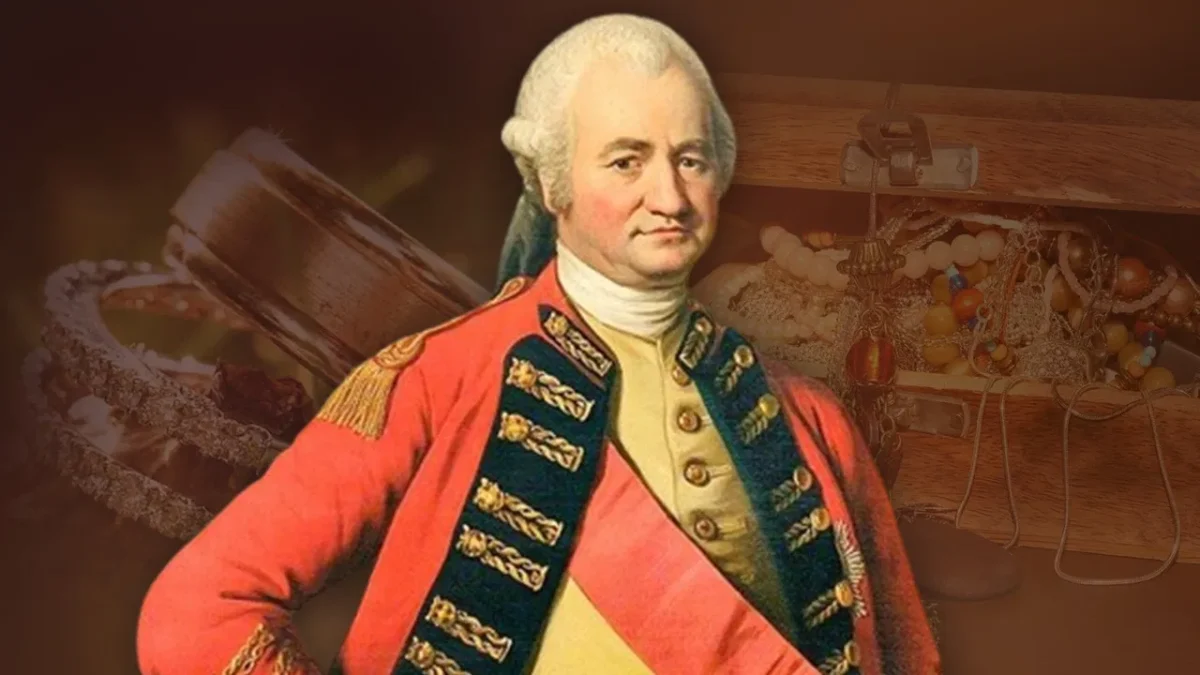
The industrial revolution started in England in 1780. There were many factors for the success of the industrial revolution in England. Protestant religion also equally played important role in the success of the Industrial revolution. Protestant is the major sect of England.
For an astonishing number of entrepreneurs who created Britain’s Industrial revolution were members of one marginal Protestant sect: Quakers. Quakers were also called the religious society of friends. As the Industrial revolution unfolded in Britain in the 18th century, many Quakers poured their energies and talents into innovative business ventures. Like other non-conformists, they were barred from English universities and most of professions. So business was a natural outlet for their talents. They also often had ready access to advice and support and start-up resources within their community.
Quakers sought enterprises that were non-military and also useful – the ‘ innocent trades ‘.They pioneered the mass production of iron. They engaged in mining and metal production which were all central to the early industrial revolution. From the beginning, Quakers brought new standards of truth and honesty to the conduct of businesses. They put into practice the testimony to integrity and truth. People realized they could trust Quakers with their money and in the 18th century, this led to the growth of Quakers banks such as Barclay’s and Lloyd’s.
The Quakers and their non – conformist brethren, who at one stage comprised nearly 50% of the entrepreneurs in the country. Quakers saw their way of living as a social system for creating human capital. Economic concepts like market, and market prices sprang from fundamentally ethical considerations. Good intentions and right actions practised in communities of trust were roots of capitalism I.e the industrial revolution.


